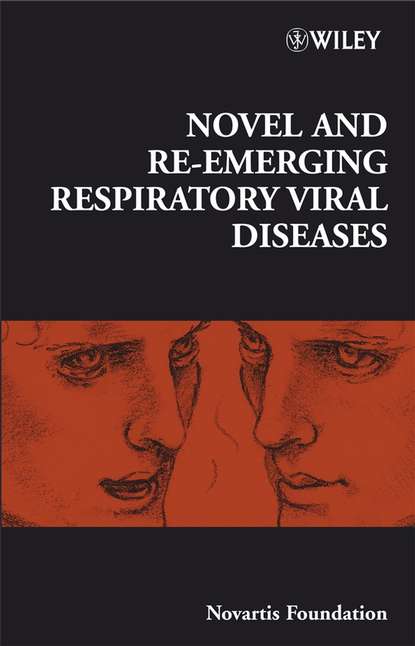
Novel and Re-emerging Respiratory Viral Diseases скачать fb2
Gregory Bock R. - Novel and Re-emerging Respiratory Viral Diseases краткое содержание
The past decade has seen mounting global concern regarding viral outbreaks such as SARS, avian influenza and West Nile virus. In 2004 and 2005, reports of bird-to-human, and possible human-to-human, transmissions of the H5N1 influenza viruses raised fears that these viruses could cause a pandemic on the scale of the Spanish flu pandemic of 1918. Previous to this, a novel coronavirus had been identified as the aetiological agent of the severe acute respiratory syndrome (SARS), a new respiratory viral disease that emerged at the end of 2002 and caused profound disturbances in over 30 countries worldwide in 2003. It is not known whether the SARS coronavirus will re-emerge, especially since its origins and potential reservoir(s) are unresolved. However, these outbreaks have shown that these viruses can emerge in any part of the world at any time. This book critically evaluates the latest scientific evidence on novel or re-emerging viral diseases and brings together contributions from world experts on this topic, explaining best practice in their area, and discussing lessons learned and how best to collaborate to prevent and control future outbreaks. Topics covered include: the latest advances in virology, particularly in the area of epidemiology diagnostics animal models for viral infection antiviral and vaccine development Novel and Re-emerging Respiratory Viral Diseases offers a comprehensive and interdisciplinary account of all aspects of the topic, from basic molecular biology to public health issues, and is therefore essential reading for virologists, infectious disease specialists, public health managers, researchers and epidemiologists, as well as those working in vaccine development, pharmaceutical medicine and drug discovery
Чтобы оставить свою оценку и/или комментарий, Вам нужно войти под своей учетной записью или зарегистрироваться







